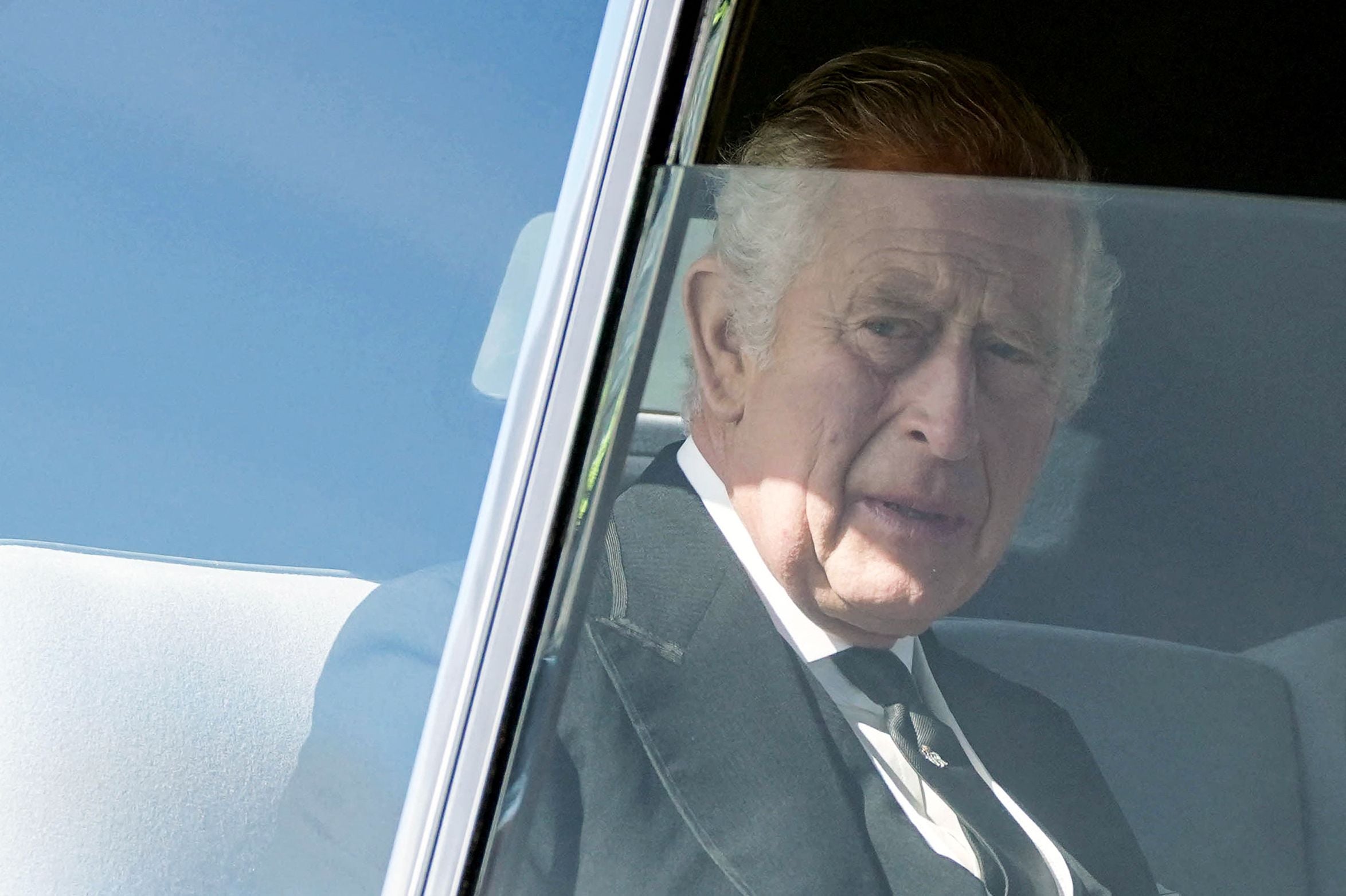Will King Charles continue to rule over many realms?
The new monarch is firmly ensconced as head of the Commonwealth, but independent nations might have other ideas, writes Sean O’Grady


It almost seems like poor taste. No sooner had the men in tights and tabards proclaimed Charles III the rightful king of his overseas realms and territories than the prime minister of one of the smaller ones, Antigua and Barbuda, suggested that the independent nation would hold a vote on whether to become a republic following the death of Queen Elizabeth II.
Gaston Browne said a referendum could take place within three years, but – to sighs of relief at the palace – he emphasised that the move was “not an act of hostility”, and that it wasn’t a big issue in the Caribbean state. “I think most people haven’t even bothered to think about it,” he said. No doubt that is true of the 83,000 inhabitants of those beautiful islands; but the new King and his entourage have probably fretted about it all the same.
There was better news from other parts. Jacinda Ardern, prime minister of New Zealand and possibly the most progressive leader on the planet, dismissed the idea of a similar move “any time soon”, though she thinks her country will cut the link in her lifetime. The lack of urgency was echoed by the newish prime minister of Australia, Anthony Albanese, who has ruled out a referendum in his first term. “The bigger questions about our constitution are not ones for this current period,” he said.
Mr Albanese is personally committed to ending the monarchy in Australia, but he and his fellow campaigners remain stymied by disagreements on how the replacement head of state should be elected or selected; the same differences stymied the country’s last attempt to move away from the House of Windsor back in 1999, when the proposal was rejected by about 55 per cent to 45 per cent. Canada is even less keen to alter its constitution. Jamaica has already announced moves towards a republic, though, and Barbados was the latest to do so, earlier this year.
Although Charles is firmly ensconced as head of the Commonwealth – which overwhelmingly comprises republics – he is evidently much less securely attached to the remaining overseas realms. Incongruously, this 73-year-old, quintessentially English aristocrat is also King of Antigua and Barbuda, Australia, the Bahamas, Belize, Canada, Grenada, Jamaica, New Zealand, Papua New Guinea, Saint Kitts and Nevis, Saint Lucia, Saint Vincent and the Grenadines, Solomon Islands, and Tuvalu (that’s 14, not including Great Britain).
Many of these he has barely visited, let alone lived in – with a term at a school in Australia when he was a boy being the only concession. At this age, he and his consort Camilla may not be able to undertake many gruelling Commonwealth tours, which is doubly unfortunate given that the Queen gave them up some years previously. It doesn’t seem likely that they’ll be able to send Prince Harry and Meghan, Duchess of Sussex, who were notable successes, which leaves the new Prince and Princess of Wales. However, their recent outings in the Bahamas, Belize and Jamaica weren’t an unalloyed triumph.
This is not good for the security of the monarchy in these faraway places, nor for the institution of the Commonwealth more widely. Arguably it is more important post-Brexit, and two new nations with slim links to the British empire have recently joined – Togo and Gabon, both francophone republics. But the Commonwealth would survive even if all its members were republics, including the UK.
There is also the sense in which a change of monarch seems a natural point at which to reassess national identities. Many of these realms have been independent for many decades. The Queen once “ruled” them as colonies, and some might have felt that the monarchy improved political stability as they began life as newly independent nations, but perhaps find it less relevant now. The last of Charles’s realms to gain independence was St Kitts and Nevis, in 1983. They’re all quite grown up these days.
It’s up to the nations concerned, as the Queen always indicated. But, for what it’s worth, it’s hard to believe that the Commonwealth means as much to King Charles as it did to his mother, who saw it as central to her role, and as the fulfilment of a project her father had dedicated himself to, especially after the independence of India and Pakistan in 1947. There is every chance that distance and the passage of time will continue to fray the traditional links between the British crown and its overseas realms.



Join our commenting forum
Join thought-provoking conversations, follow other Independent readers and see their replies
Comments